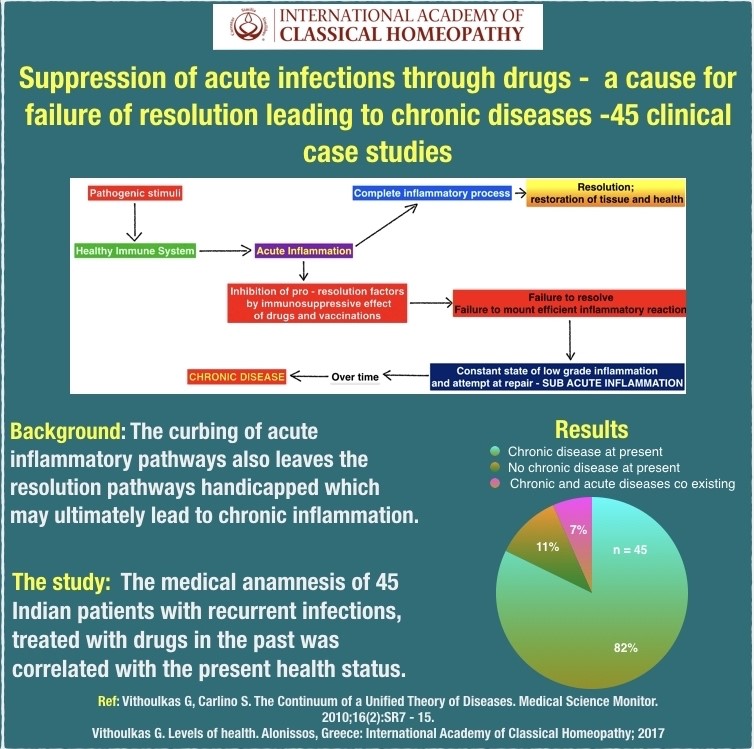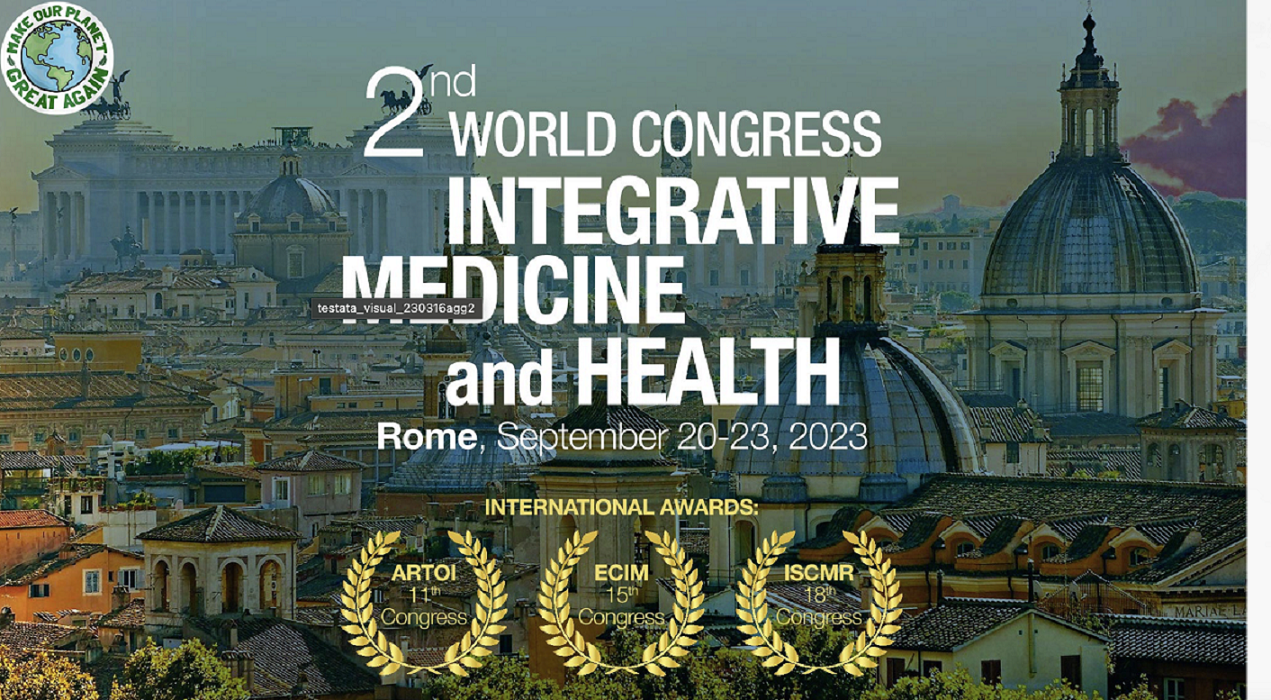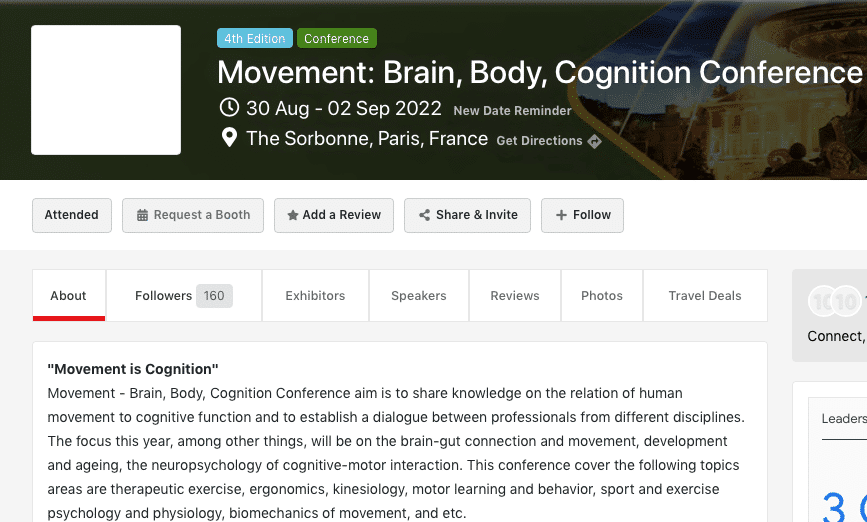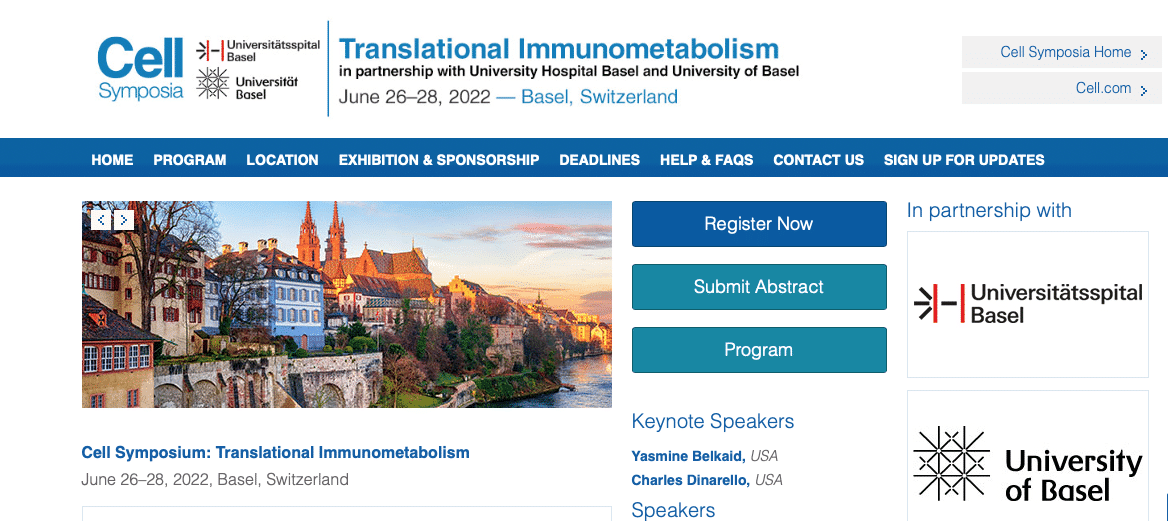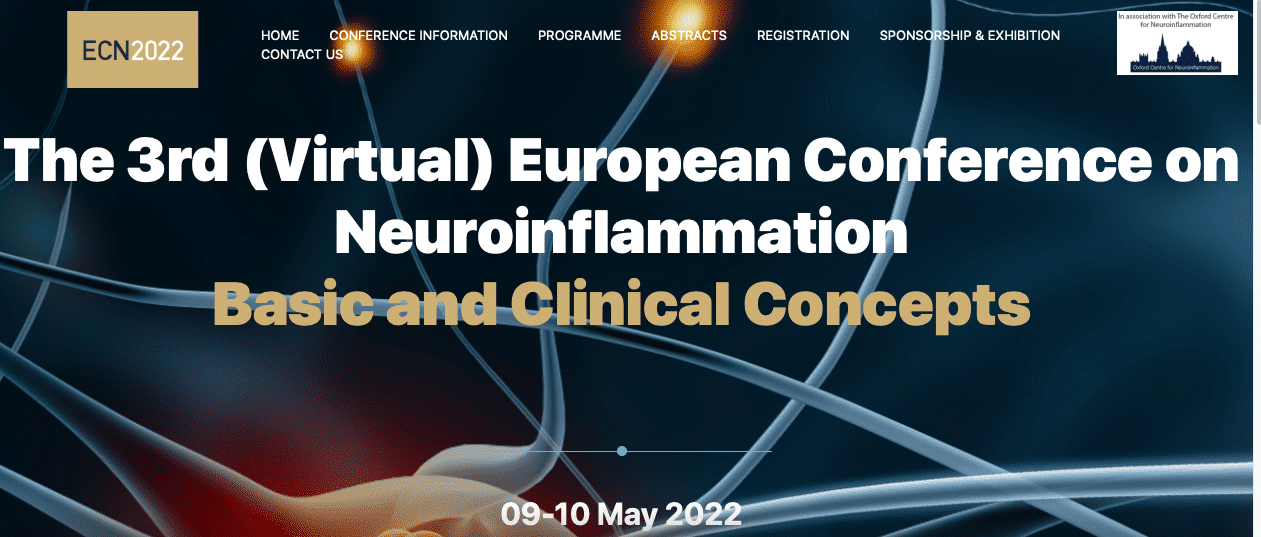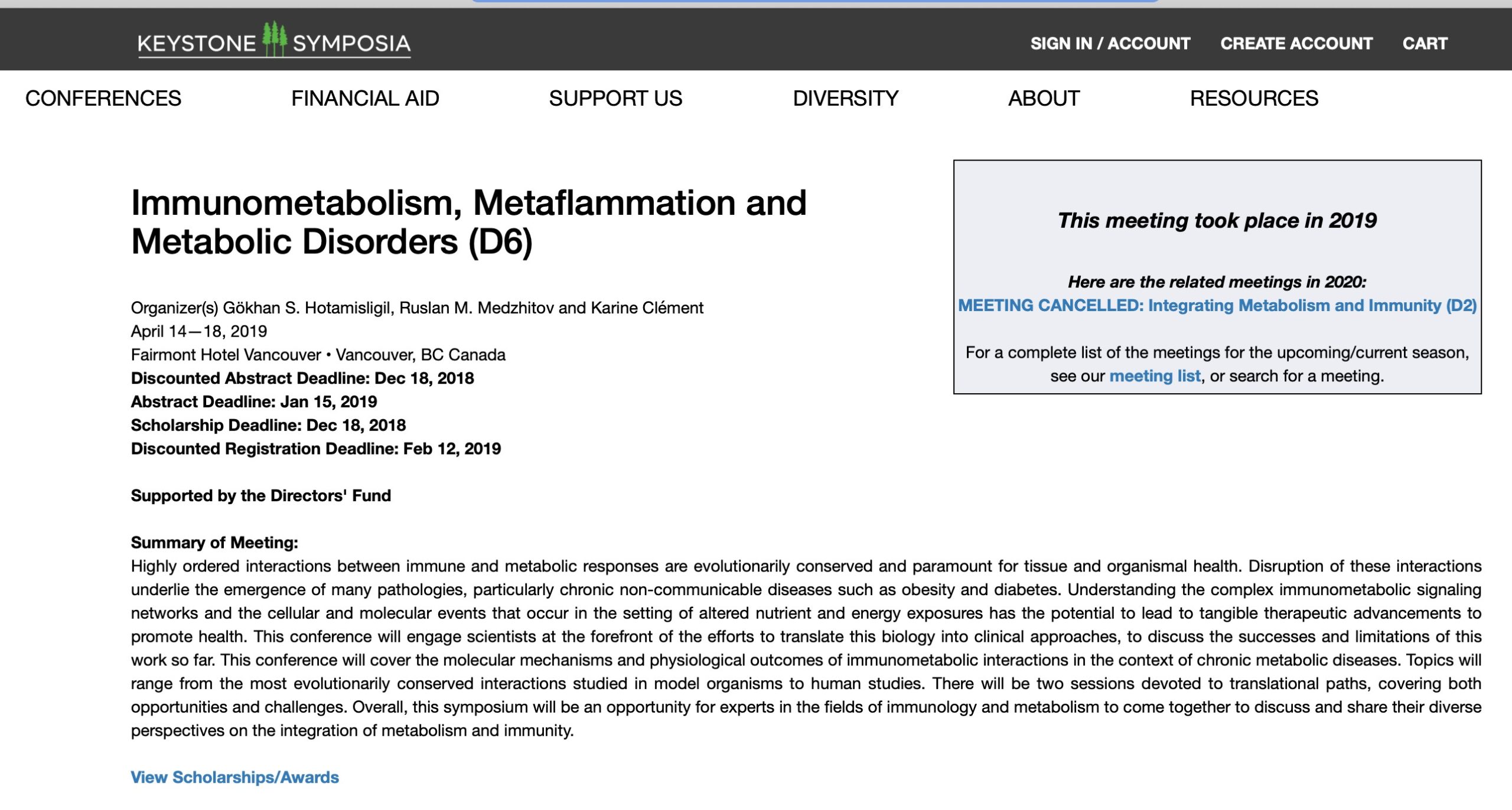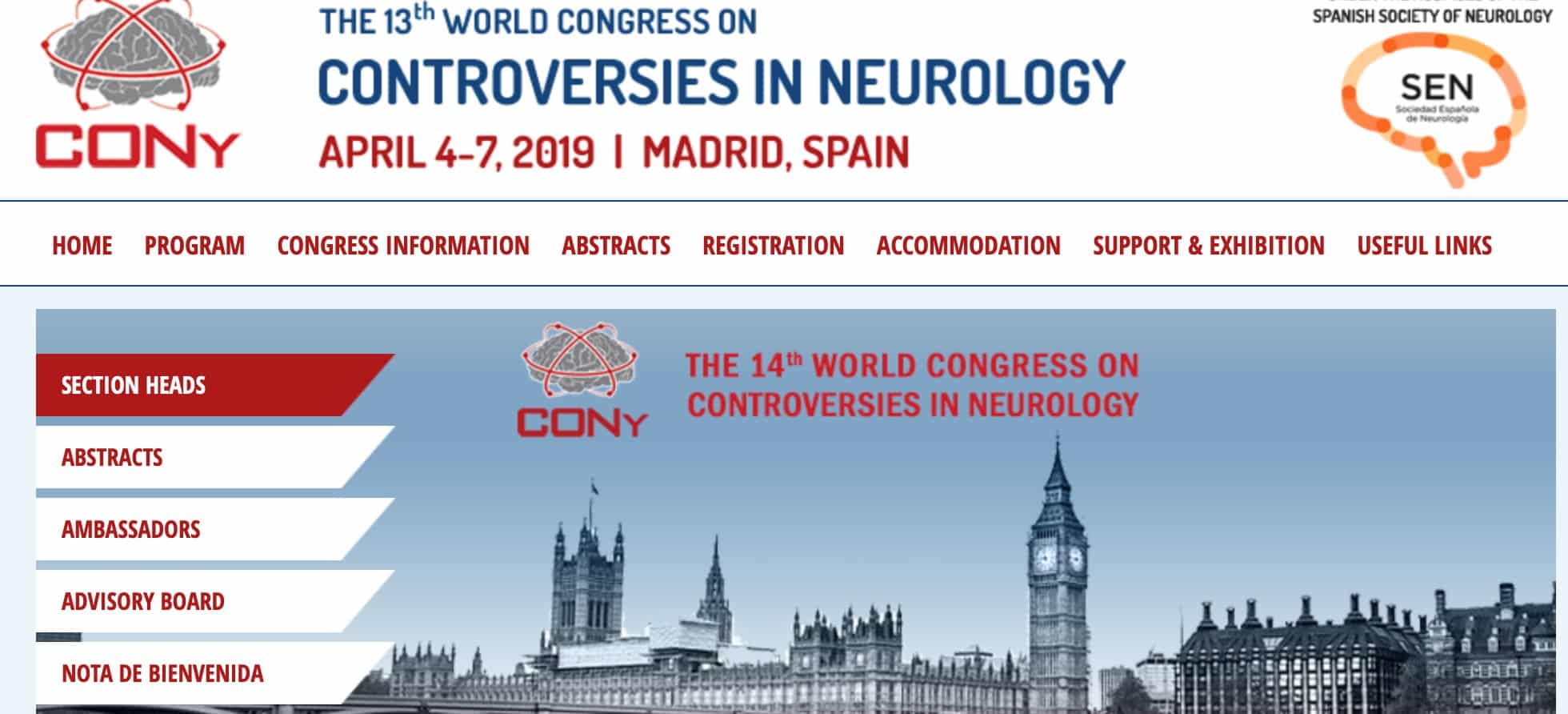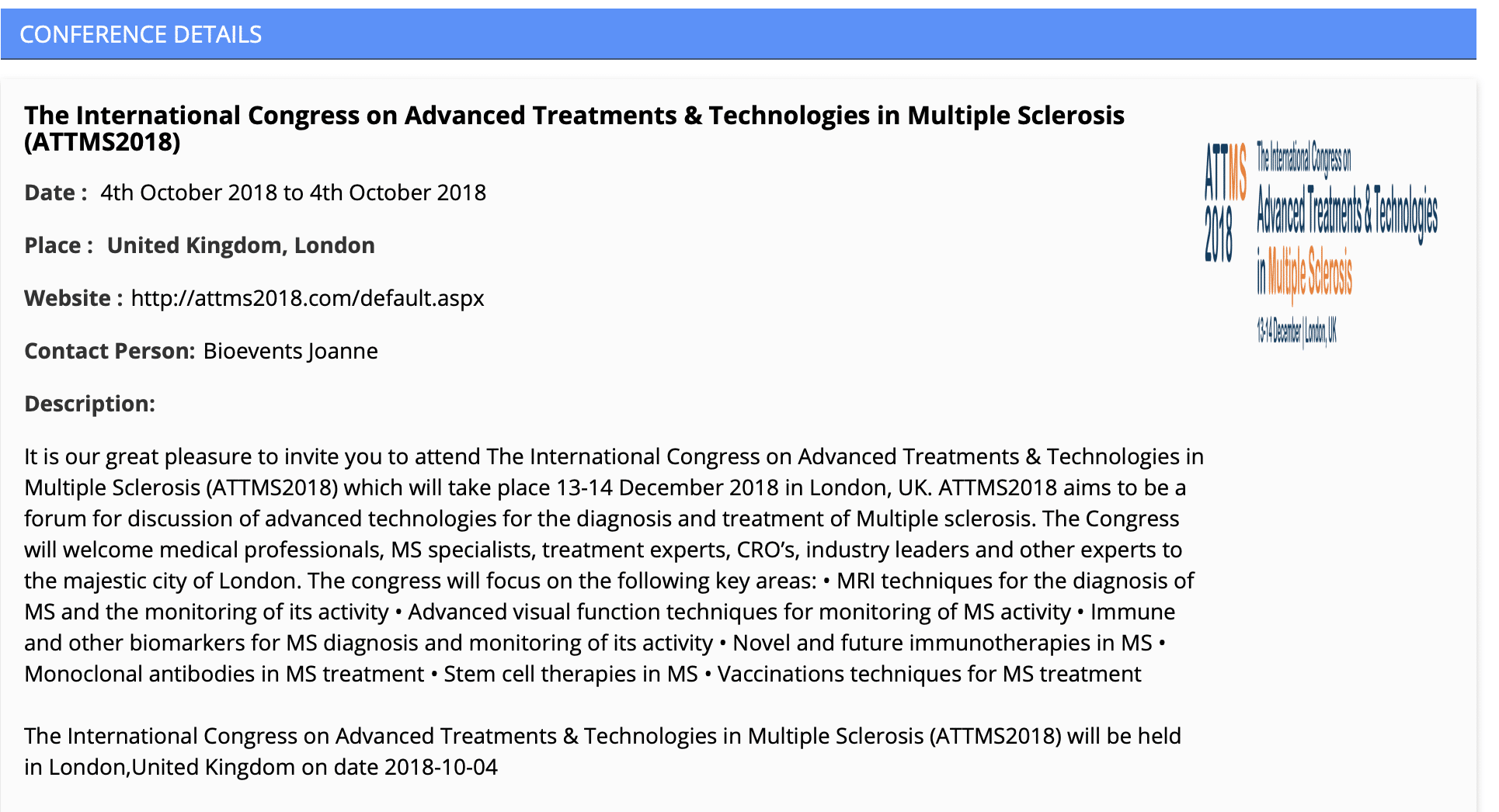Suppression of acute infections through drugs – a cause for failure of resolution leading to chronic diseases – 45 case studies
Dr Seema Mahesh, Dr Mahesh M, Prof George Vithoulkas
Abstract
Background
Acute inflammation is often clinically suppressed [1]. Fever is feared without awareness of the difference between harmful ones and those necessary to initiate efficient infection control and inflammation resolution [2]. The curbing of inflammatory pathways also leaves the resolution pathways handicapped [3] which may ultimately lead to chronic inflammation.
Aim of Study
To investigate if suppression of acute inflammation repeatedly by drugs can lead to chronic disease
Materials and Methods
Medical anamnesis of 45 Indian patients (16 males, 29 females, mean age 14.04 years) with past history of repeated treatment for acute infections was examined and correlated with the present health.
Results
37 cases had a chronic disease diagnosis at present. 5 cases still suffered acute diseases and 3 cases had recurrent low grade acute infections while having a chronic disease. Only 1 case still developed high fevers.
Discussion
The indiscriminate use of drugs in primary care and by parents is alarming [2]. The ‘The Continuum of a Unified Theory of Diseases’ propounds that if such suppressive therapy is repeated often, the immune system loses the capacity to mount efficient inflammation against the pathogen [4], resulting in a constant low grade effort at inflammation and repair – a para inflammatory state; this can over time act as stressor and up regulate the genetic predisposition to chronic inflammatory disease [5].
Conclusion
The effect of suppression of acute inflammatory pathways by drugs on their resolution needs to be investigated.
References
1. MICHELL A. Current concepts of fever. Journal of Small Animal Practice. 1982;23(4):185-193.
2. de Bont E, Peetoom K, Moser A, Francis N, Dinant G, Cals J. Childhood fever: a qualitative study on GPs’ experiences during out-of-hours care. Family Practice. 2015;:cmv029.
3. Serhan C, Savill J. Resolution of inflammation: the beginning programs the end. Nature
Immunology. 2005;6(12):1191-1197.
4. Vithoulkas G, Carlino S. The Continuum of a Unified Theory of Diseases. Medical Science Monitor. 2010;16(2):SR7 – 15.
5. Medzhitov R. Origin and physiological roles of inflammation. Nature. 2008;454(7203):428-435.
https://tks.keystonesymposia.org/index.cfm?e=web.Meeting.Program&meetingid=1551

